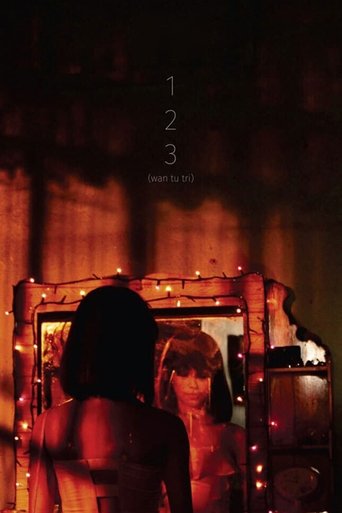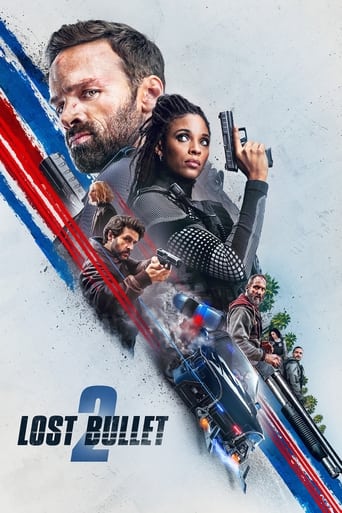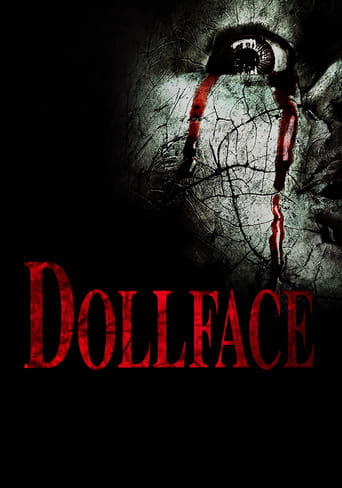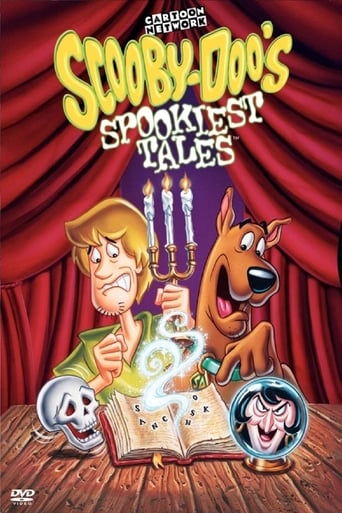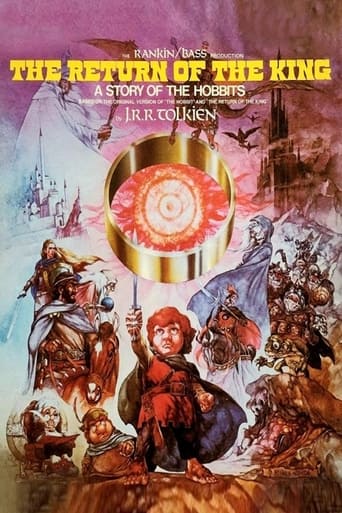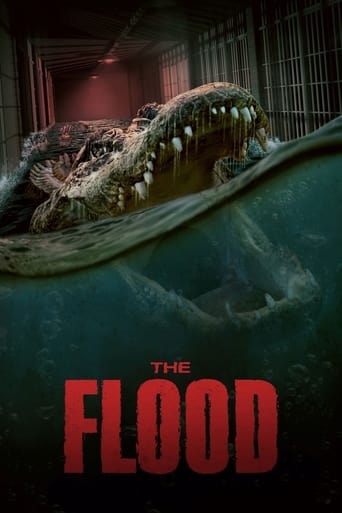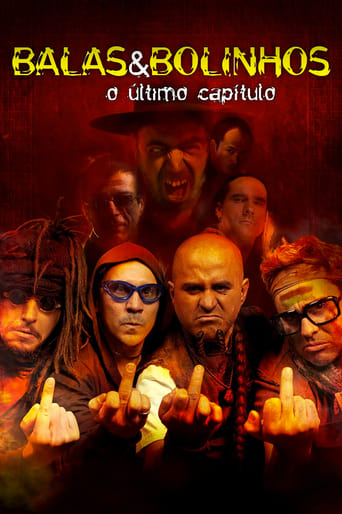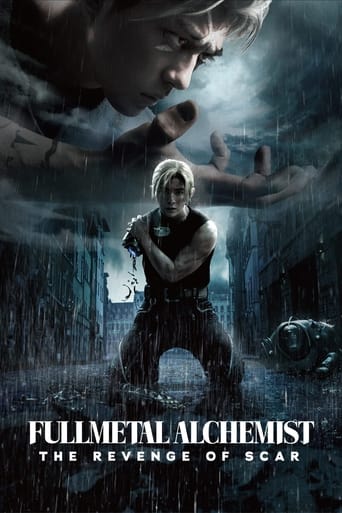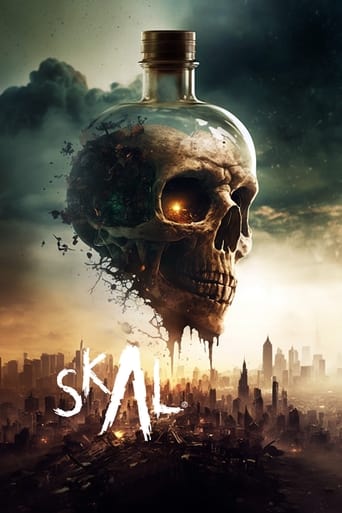
Monteiro moved far away from the visual opulence defined by his earlier films with his inspired adaptation of radical Swiss writer Robert Walser’s anti-fairy tale. Carefully restricting the image track, Monteiro maintains an almost totally black screen in order to focus instead on the voices of Snow White, the Prince, the Queen and the Hunter, engaged in an extended debate about love, free will and the events leading up to the fateful attempt on the maiden’s life. Despite its visual austerity, Snow White is haunted by the arresting images with which it begins – infamous black-and-white photographs of Walser lying dead in the snow after his heart attack outside a Swiss asylum at the age of seventy-eight, a strange realization of the “death of the author” so central to postmodern literary criticism.
| Title | Snow White |
|---|---|
| Year | 2000 |
| Genre | Drama, Fantasy |
| Country | Portugal |
| Studio | |
| Cast | Ana Brandão, Luís Miguel Cintra, Diogo Dória, Rita Durão, Miguel Borges, José Airosa |
| Crew | João César Monteiro (Director), Robert Walser (Story), Paulo Branco (Producer), Mário Barroso (Director of Photography), João César Monteiro (Screenplay), Joaquim Pinto (Sound Mixer) |
| Keyword | avant-garde |
| Release | Oct 11, 2000 |
| Runtime | 75 minutes |
| Quality | HD |
| IMDb | 4.80 / 10 by 4 users |
| Popularity | 1 |
| Budget | 0 |
| Revenue | 0 |
| Language | Português |
 Apple TV
Apple TV Google Play Movies
Google Play Movies Fandango At Home
Fandango At Home Netflix
Netflix Amazon Prime Video
Amazon Prime Video Amazon Video
Amazon Video MUBI
MUBI
